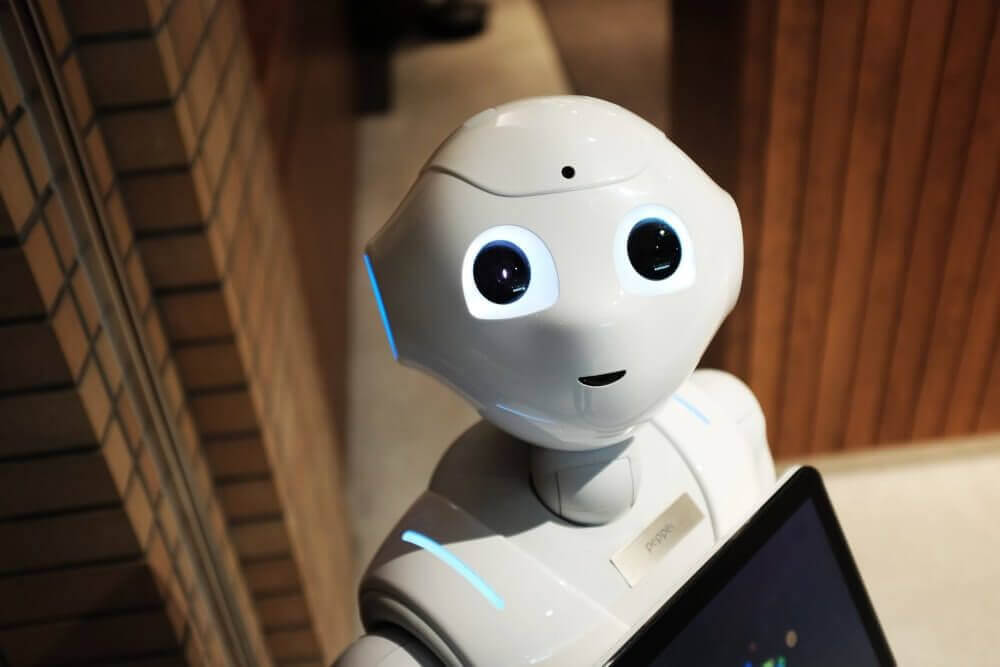The impact of artificial intelligence (AI) on the job market is a topic that generates a lot of discussion and concern. With the rapid advancement of AI and machine learning technologies, it is expected that some human jobs will be replaced by technology. Here are ten jobs that are expected to disappear or significantly change due to AI in the coming years:
-
Customer Service and Technical Support:
- Details: AI systems like chatbots can efficiently respond to customer inquiries and solve simple problems. Advanced applications can handle more complex queries, reducing the need for human customer service representatives.
-
Drivers:
- Details: Self-driving cars, trucks, and drones may reduce the need for drivers. Companies like Tesla and Waymo are developing autonomous driving technology that could replace drivers in the near future.
-
Accountants and tax preparers:
- Details: AI software can handle financial reporting, auditing, and tax preparation efficiently and accurately, reducing the need for human accountants.
-
Data entry clerks:
- Details: Optical character recognition (OCR) tools and AI programs can automate the data entry process from scanned documents and other digital sources, making this job less necessary.
-
Market research analysts:
- Details: AI can analyze large volumes of data and extract insights quickly. Predictive analytics tools can provide accurate market analysis based on current data.
-
News editors and newspaper reporters:
- Details: AI tools like GPT-4 can write news articles and summarize events in a way that may be more efficient than humans, especially in financial and sports reporting.
-
Assembly Line Workers in Factories:
- Details: Industrial robots and process automation can perform routine manufacturing tasks quickly and accurately, reducing the need for human workers on production lines.
-
Legal Research Assistants:
- Details: AI can review large amounts of legal documents quickly, search for legal precedents, and assist in case preparation, reducing the need for human legal research assistants.
-
Medical Technicians and Radiologists:
- Details: AI can analyse medical images like X-rays and MRIs and detect diseases with high accuracy, reducing the need for human technicians in some cases.
-
Traditional Agricultural Jobs:
- Details: Agricultural robots and smart farming technologies can perform many farming tasks, like planting, harvesting, and crop monitoring, more efficiently than humans, reducing the need for human labour in agriculture.
These changes reflect a significant shift in the job market and are expected to reshape the global economy. It is important to emphasise that these changes can also lead to the creation of new jobs requiring different skills, creating opportunities in emerging fields.








0 Comments